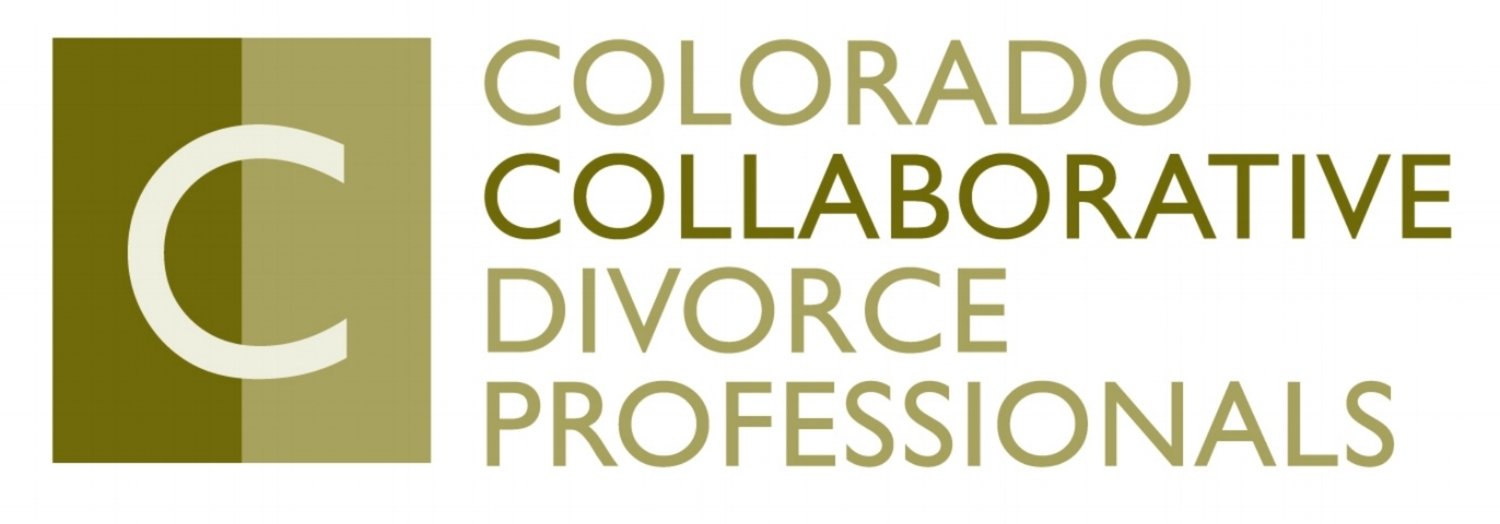Choosing the Right Divorce Process for Your Family
Choosing the process that your family will use to get a divorce is one of the most important decisions you can make. It’s also one of the first decisions that you make, so you should consider your options carefully.
Understanding Collaborative Divorce
Collaborative divorce is a great choice for families where both people agree that they want to settle outside of court, and where there is still some level of trust left (even if it’s eroded a bit). From the first dollar, your investment is spent on getting a quality agreement outside of court.
The Litigation Route
A litigated divorce may be better for a family where there is no trust, where there are hidden assets, or where one or both parties are more interested in fighting and being right than they are in moving on. Your money may be spent on preparing for unnecessary court processes, or to prepare for litigation that may not be necessary.
Collaborative vs. Litigation: Making the Best Choice
Collaborative divorce is a process where your family gets full resolution outside of court. You have a professional team to support settlement and help you make the best choices possible. Each person will have a specially trained Collaborative attorney. These attorneys have been trained to find solutions instead of fights, and have been trained to put your best interests first.
These attorneys agree that they will never go to court with you. There is also a Collaborative Divorce Facilitator, who is like a mediator plus. They help facilitate meetings, keep everyone on track, and can even help develop parenting plans and other communication plans without having a meeting with attorneys. If appropriate for your family you can also have a Financial Neutral. This specially trained professional gives guidance on equitable division of assets as debts, as well as realistic guidance on support payments.
These neutrals can be very helpful in providing education if one person has never handled the finances of the family. You can also be supported by a team of therapists, coaches, child experts, realtors, mortgage brokers, and other professionals who have been specially trained to guide families through this hard time in a way that is beneficial for the whole family.
When Collaborative Divorce is Suitable
Collaborative IS good for a family who:
Agree that they will get a divorce.
Want to reach settlement outside of court.
Has some trust left between the couple (trust but verify is our motto. Full disclosures are required).
Can work without court-imposed deadlines. (They will actually do their to-do list).
Is willing to work together to reach solutions.
Wants to be good co-parents into the future.
Have enough assets and issues to warrant the professionals. (If there is not, we still encourage you to contact an attorney on our list — we can help you do a cooperative divorce instead).
When Collaborative Divorce May Not Be the Right Choice
Collaborative may NOT be good for a family who:
Has no trust left.
One person really does not want to get a divorce.
If one or both people struggle to get things done.
If there is domestic violence
There are untreated addiction issues (if they are in treatment then you can do Collaborative with experienced counsel)
One person is hiding assets or wants to manipulate the system.
When Litigation is Appropriate
Litigation IS good for a family who:
Wants to fight instead of wants to move forward.
There are domestic violence concerns.
There are addiction concerns.
If there is no or little trust.
If there is narcissism, co-dependence, or substantial mental health issues.
Needs a strong deadline provided by a court.
When Litigation May Not Be the Best Option
Litigation is NOT good for a family who:
Wants to get everything settled outside of court (but hires the wrong kind of attorney who leads them into litigation).
Can figure it out themselves and doesn’t need a judge.
Has particularly complex financial or child related issues that need precision and care.
Wants to keep a good co-parenting relationship long term.
Find the Right Path for Your Family
Every family is different, and you should consult with a professional about your options. Most attorneys offer a free phone consultation where they will discuss choices with you so that you can make a decision on the best method for your family to move forward. We hope that collaborative is right for your family and that we can help you move toward a better future for you and your family.



